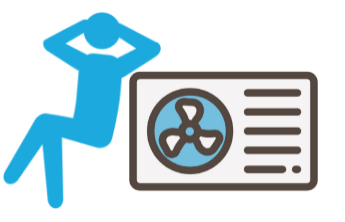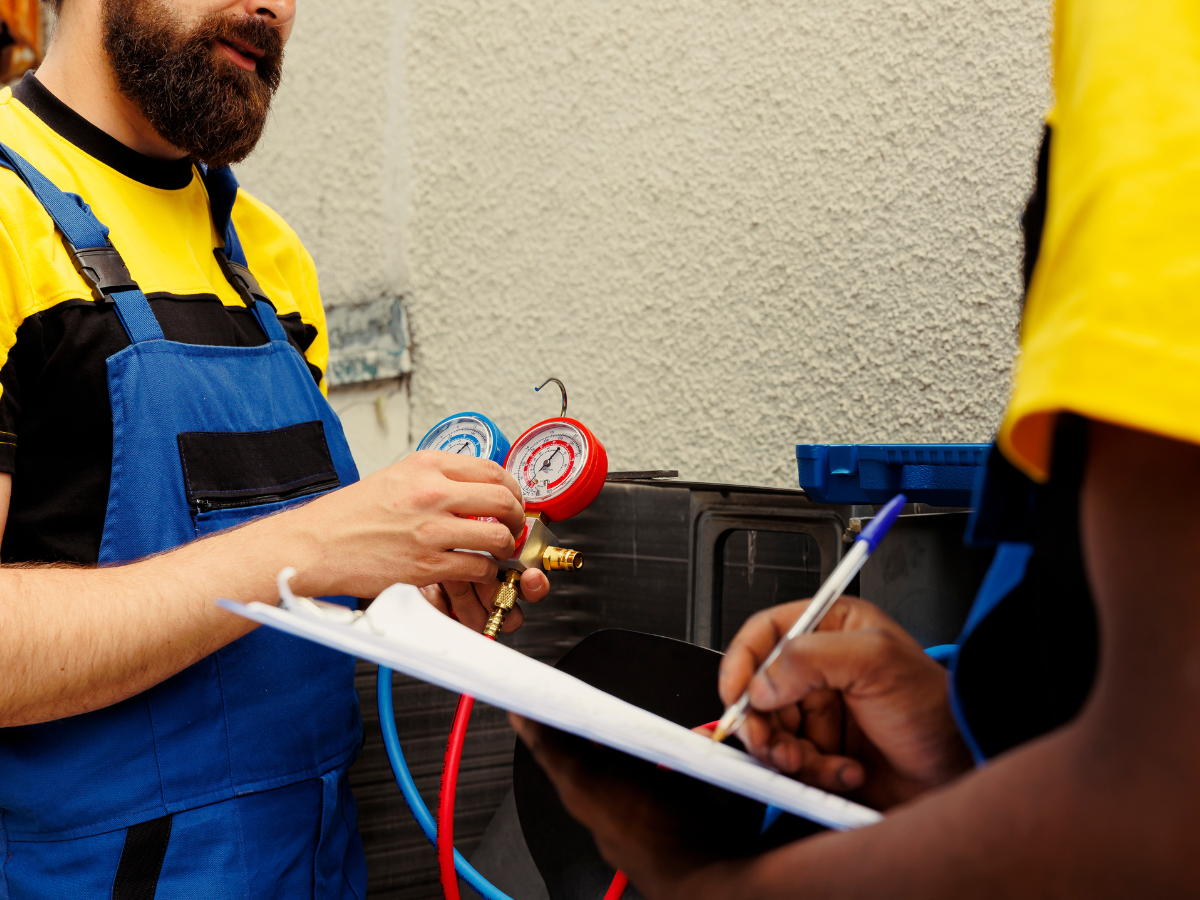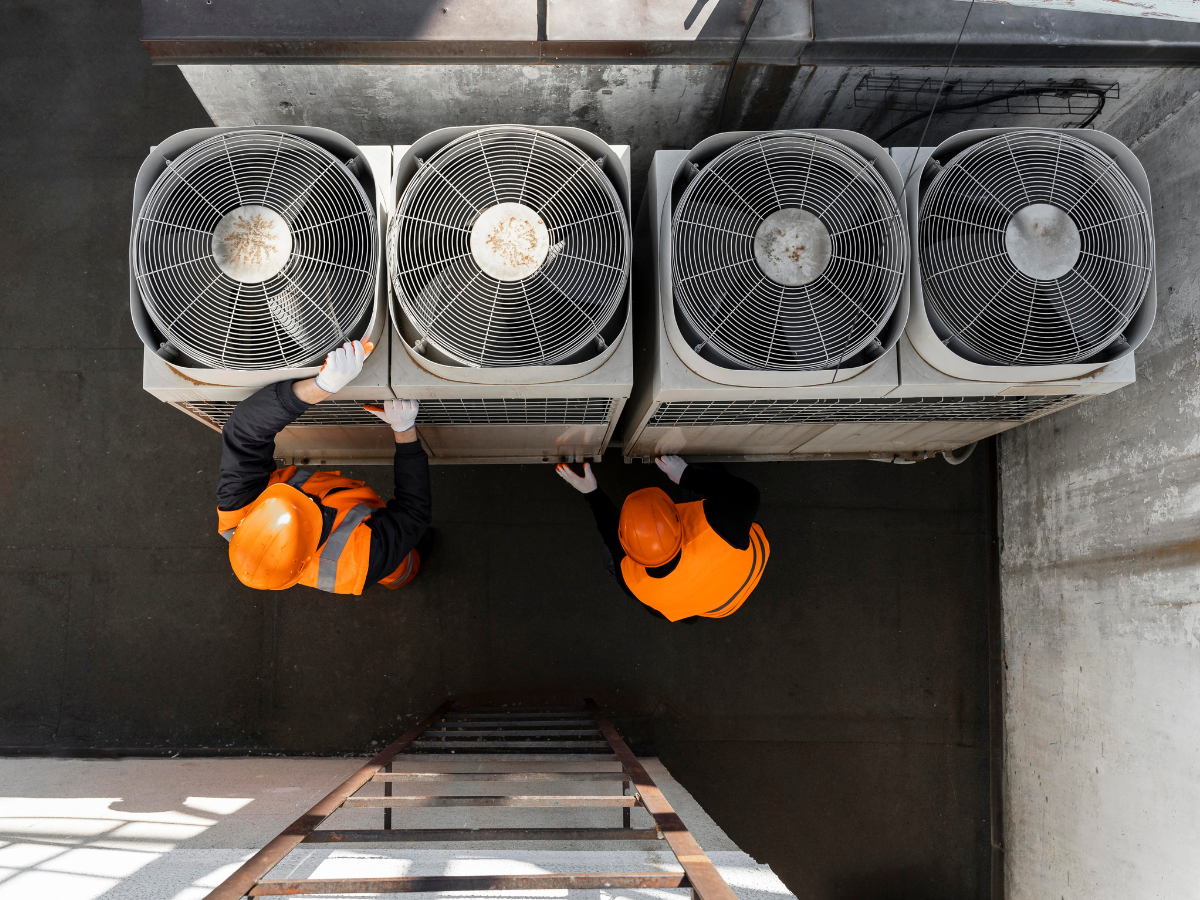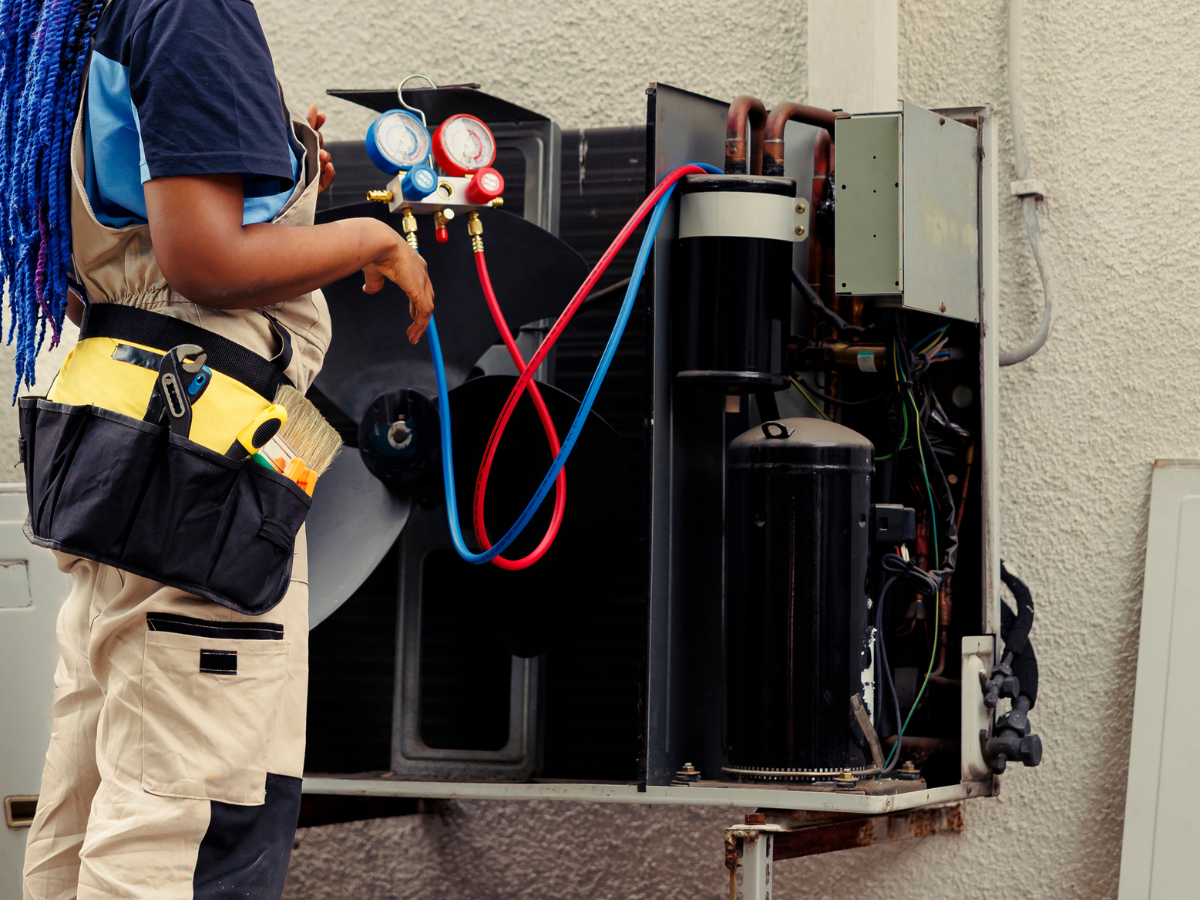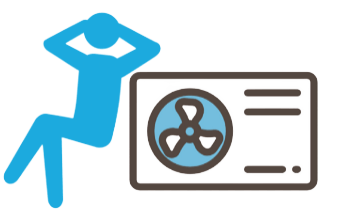HVAC Repair: Keeping Your Home Cozy and Cool the Fun Way
The importance of reliable HVAC repair services when creating a cozy and energy-efficient living space cannot be overstated. Comfort Zone HVAC, based in Whatcom County, WA, is the trusted name for heating, ventilation, and air conditioning. Whether you’re dealing with a stubborn furnace, a sluggish air conditioner, or just need routine maintenance, their skilled team ensures your home remains comfortable year-round.
Let’s explore why repairing AC is vital, explore Comfort Zone HVAC's wide range of services, and discuss how timely maintenance can prevent headaches down the road.
Why HVAC Repair is Essential
Your HVAC system is more than a convenience—it’s a vital component of your home. It keeps you warm during frigid winter nights and cool during scorching summer days, ensuring comfort no matter the season. But like any heavily used machine, your HVAC system endures wear and tear over time. Routine maintenance and timely repairs are essential to keep it running efficiently, prevent costly breakdowns, and extend its lifespan.
Neglecting HVAC issues can lead to uncomfortable indoor conditions, skyrocketing energy bills, and expensive repairs. Addressing problems early saves money, reduces stress, and maintains a healthy, comfortable environment for your family.
Signs Your HVAC Needs Attention
Is your HVAC system struggling to keep up? Here are some common warning signs that your system might be due for repair:
- Uneven Temperatures Do some rooms in your home feel like the Arctic while others feel like the Sahara? Uneven temperatures are a telltale sign of HVAC issues. The problem could stem from blocked vents, a malfunctioning thermostat, or even ductwork leaks.
- Unusual Sounds A well-functioning HVAC system operates quietly. If you’re hearing clanking, buzzing, squealing, or banging noises, it could indicate loose or damaged parts, a failing motor, or other mechanical issues. Don’t ignore these sounds—they usually mean trouble is brewing.
- High Energy Bills Have you noticed a sudden spike in your energy bills? An inefficient HVAC system often consumes more energy to perform the same tasks. This could be due to clogged filters, aging components, or more serious mechanical problems.
- Weak Airflow If the air coming out of your vents feels weak, there might be a blockage in the ducts or a failing blower motor. Poor airflow can reduce your system’s ability to regulate your home’s temperature, making it work harder than necessary.
Why You Shouldn’t Ignore the Warning Signs
Ignoring these red flags might save you a few dollars in the short term, but it can lead to significant expenses down the line. Small issues, such as a clogged filter or worn-out component, can escalate into larger, costlier problems—potentially even requiring a full system replacement.
By addressing HVAC issues early, you:
- Prevent costly emergency repairs.
- Improve your system’s efficiency, saving on energy bills.
- Extend the lifespan of your HVAC system.
- Maintain consistent comfort and air quality in your home.
If your system is showing any of these signs, don’t wait for the problem to worsen. Call a trusted HVAC professional to inspect, diagnose, and repair your system promptly.
Comfort Zone HVAC: The Experts in Repair
When your HVAC system falters, you need a team you can trust. That’s where Comfort Zone HVAC comes in. They’re not just technicians—they’re problem solvers dedicated to ensuring your home’s comfort.
Expertise Backed by Experience
Comfort Zone HVAC’s technicians are trained to handle a wide range of heating and cooling systems. Whether it’s diagnosing a furnace issue, troubleshooting a heat pump, or repairing an air conditioning unit, they approach every job with expertise and care.
Comprehensive Services to Meet Every Need
No matter the issue, Comfort Zone HVAC has you covered with their diverse service offerings:
- Air Conditioning Repairs: From fixing leaks to resolving poor airflow, they ensure your AC keeps you cool during summer.
- Furnace Maintenance and Repair: Keeping your furnace in peak condition prevents breakdowns and enhances energy efficiency.
- Heat Pump Services: Their team ensures your heat pump provides efficient heating and cooling year-round.
- Ductless Mini-Split Systems: These modern systems are growing in popularity, and Comfort Zone HVAC ensures they’re installed and maintained properly.
A Personalized Approach
Unlike big-box franchises, Comfort Zone HVAC is a family-owned business that prioritizes customer satisfaction. They understand that every home is unique, which is why their solutions are tailored to your specific needs. This personalized touch builds trust and long-term relationships with their clients.
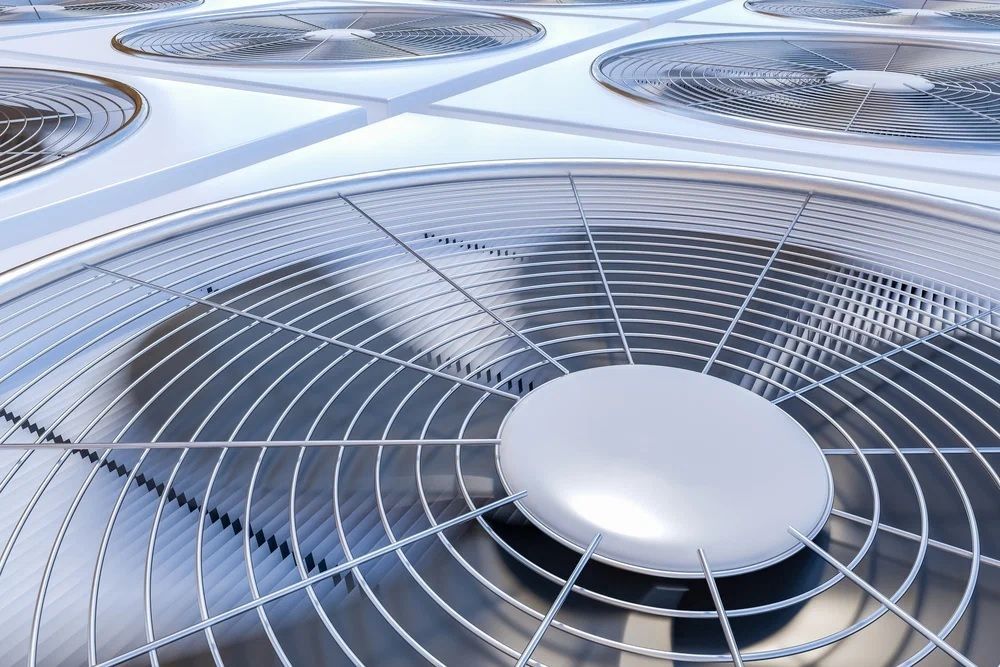
The Benefits of Timely HVAC
Beyond keeping your home comfortable, investing in regular HVAC repair comes with a host of benefits:
1. Improved Energy Efficiency
A well-maintained HVAC system runs more efficiently, which translates to lower energy bills. Addressing minor issues early ensures your system doesn’t have to work harder than necessary.
2. Longer Equipment Lifespan
Regular repairs and maintenance can add years to your system’s life, delaying the need for costly replacements. It’s like giving your HVAC a fountain of youth!
3. Enhanced Indoor Comfort
Nothing beats a home that’s consistently cozy, regardless of the weather. Timely repairs prevent disruptions to your heating and cooling.
4. Better Air Quality
Over time, dust and debris can accumulate in your system, negatively affecting air quality. Proper maintenance helps ensure your family breathes cleaner air.
Pro Tips for Maintaining Your HVAC System
Want to keep your HVAC system running smoothly and avoid unexpected breakdowns? Here are some simple yet effective tips to keep your heating and cooling system in top-notch condition between professional maintenance visits:
- Change the Filters Your HVAC system’s filters are its first line of defense against dust, dirt, and allergens. Dirty filters force your system to work harder, leading to higher energy bills and potential wear and tear. Make it a habit to check and replace the filters every 1–3 months, especially if you have pets or allergies. Clean filters not only improve airflow but also enhance indoor air quality, making your home a healthier place to live.
- Clean the Vents Blocked vents can restrict airflow, making your system less efficient and increasing strain on its components. Take a few minutes every month to vacuum dust and debris from the vents. You’ll not only help your HVAC system perform better but also reduce allergens floating around your home. Plus, there’s something oddly satisfying about seeing all that dust disappear!
- Check the Thermostat Your thermostat is the brain of your HVAC system, so make sure it’s doing its job properly. Ensure it’s set to the correct mode (heat or cool) and programmed to a comfortable temperature. If you’re still using a traditional thermostat, consider upgrading to a smart one. These modern devices optimize your system's performance, save energy, and let you control your HVAC remotely, adding convenience and efficiency to your daily routine.
- Keep the Outdoor Unit Clear Your HVAC’s outdoor unit, also known as the condenser, needs space to function efficiently. Leaves, branches, grass clippings, and other debris can obstruct airflow, reducing the system’s ability to cool or heat your home. Clear away any obstructions at least once a month and keep a two-foot clearance around the unit. Think of it as giving your HVAC system some breathing room—it’ll thank you by running smoothly!
Why Comfort Zone HVAC is a Top Choice in Whatcom County
What sets Comfort Zone HVAC apart from the competition? It’s their unbeatable combination of technical expertise and customer-first philosophy.
Local Roots, Big Impact
As a family-owned company, they understand the unique needs of Whatcom County homeowners. They’re not just here to fix systems—they’re here to build trust and long-lasting relationships.
Licensed, Insured, and Dependable
When you call Comfort Zone HVAC, you can rest easy knowing you’re working with a licensed and insured team. Their commitment to quality ensures that every job is done right the first time.
The HVAC Adventure Repair Awaits
There you have it—HVAC repair demystified! Whether you’re dealing with a finicky furnace, a cranky AC, or just want to keep your system running like a dream, Comfort Zone HVAC is here to save the day. They combine expertise, reliability, and a genuine passion for comfort to ensure your home feels just right.
Don’t Stop Now—Learn About Furnace Repair Too!
Got heating on the brain? Check out this article on furnace repair services for tips on keeping your home toasty and warm all winter long.
Ready to take your home comfort to the next level? Visit Comfort Zone HVAC today to schedule your service or get a free quote. Because when it comes to repair, why settle for less when you can have the best?
